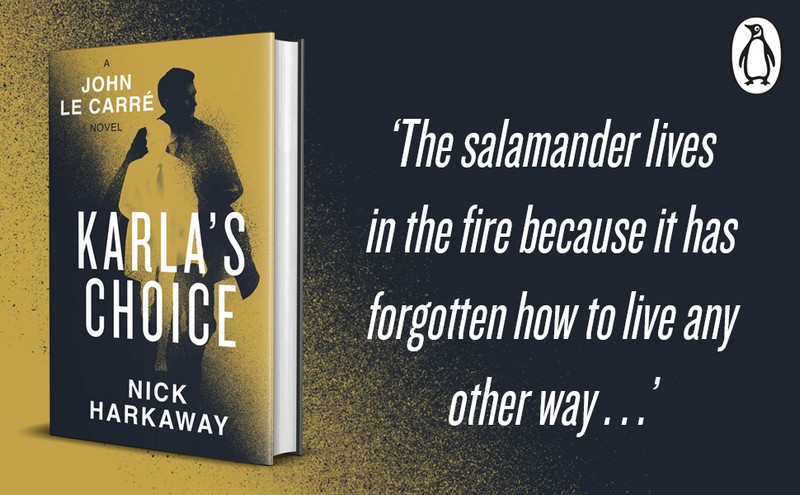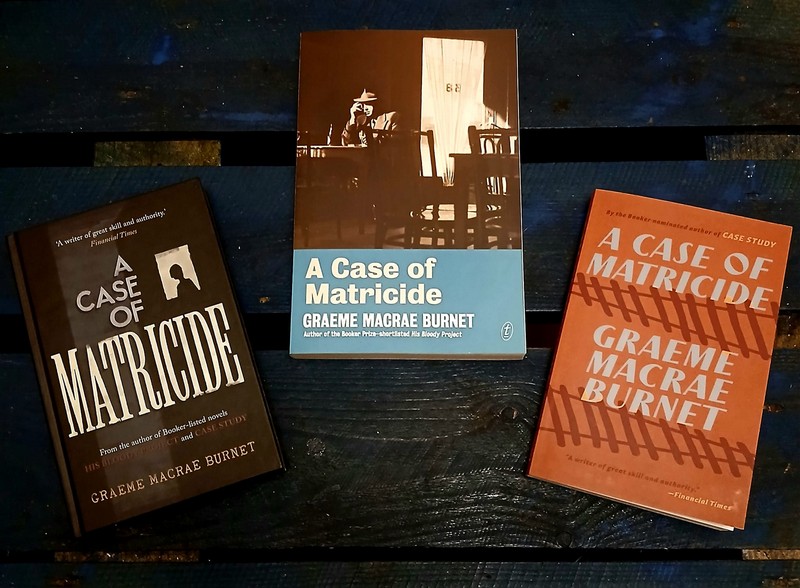 In her seventh novel, Rapture, Australian author Emily Maguire takes readers to ninth Century Europe and a story that feels like it could almost be true. That story, of a woman who dresses as a man to enter a monastic order, does have its roots in both reality and myth. Only in this case, the heights to which Maguire’s protagonist reaches may start to stretch credulity.
In her seventh novel, Rapture, Australian author Emily Maguire takes readers to ninth Century Europe and a story that feels like it could almost be true. That story, of a woman who dresses as a man to enter a monastic order, does have its roots in both reality and myth. Only in this case, the heights to which Maguire’s protagonist reaches may start to stretch credulity.
Rapture opens in the city of Mainz in 821. Agnes is a young girl, raised by her father, a travelling preacher known as ‘the English Priest’, after the death of her mother in childbirth. Agnes is taught to read and write and also learns by listening-in while hiding under the table when her father has guests. One of those guests, the Benedictine monk Randulf, treats her with respect, but also lusts after her. And after her father dies, Randulf suggests she dresses as a man and accompany him back to his monastery. Thus begins Agnes’ journey as John: appearing to the world a pious man and scribe. Her deception is only known to Randulf who continues to carry a torch for her.
Rapture follows Agnes’ physical and spiritual journey across Europe to Athens and eventually to Rome and the offices of the Papacy. Agnes lives a devout life, eschewing temptation when it comes to her, but using her emotional responses to understand and teach the people around her. And it is her devotion and belief, her compassion for the poor, that makes her stand out among the debauchery and corruption of Rome more than anything else.
Agnes is a character both of her time and ahead of her time. But she is also intensely human. Despite her devotion to her calling she still feels the stirrings of desire, desire which many of her fellow monks freely give themselves to. And interestingly, Agnes finds her connection to her faith strengthened when she accepts those desires rather than faking dispassion.
Maguire effectively renders the medieval era in which Agnes lives – the sights, the smells the food, the people, the political ructions and wars. But she also explores the difficulties of literally being a woman in a man’s world. Of having to do better and be better than those around her. Agnes’ story may not be true but it has important things to say and it’s fascinating to consider the ramification for history if it was.
Robert Goodman
For more of Robert’s reviews, visit his blog Pile By the Bed
Other reviews you might enjoy:
- My Father’s House (Joseph O’Connor) – book review
- Devotion (Hannah Kent) – book review
- The Glassmaker (Tracy Chevalier) – book review

Robert Goodman is a book reviewer, former Ned Kelly Awards judge and institutionalised public servant based in Sydney. This and over 450 more book reviews can be found on his website Pile By the Bed.



